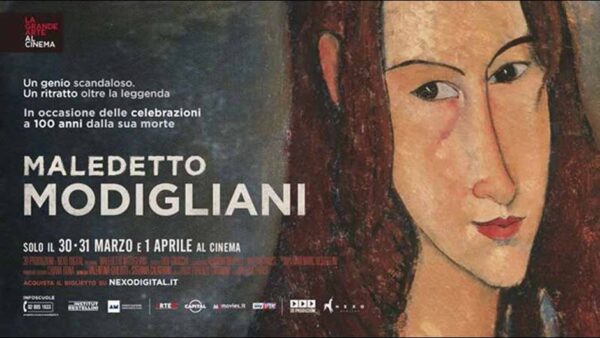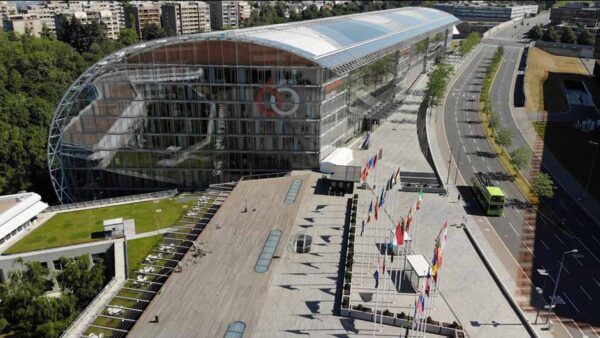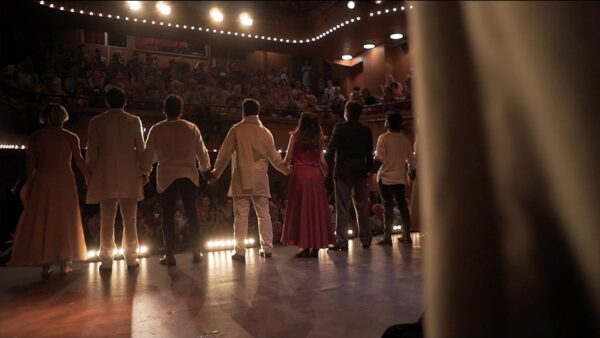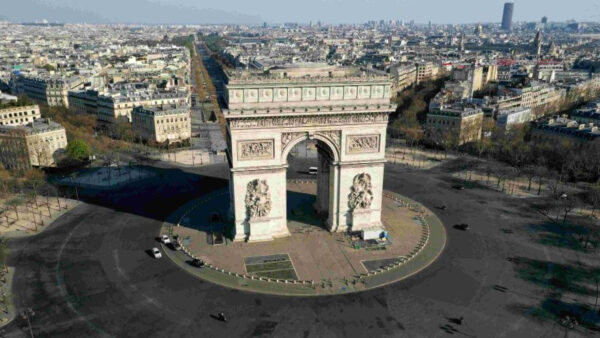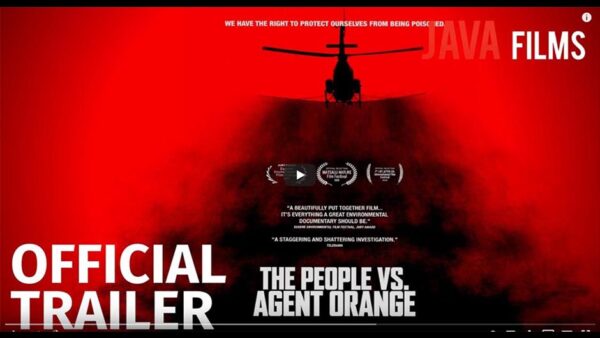My role: Camera and Sound
A contemporary history of Korea(s) from a unique point of view that embraces the inner history of both South and North Korea in a single narrative.
Koreans from South and North recount the History of the peninsula.
For 60 years, both Koreas have been divided in two opposite countries, systems, ideologies. How did we get there? What are the stakes of this story? Is a Korean reunification still possible?
For the first time, Koreans from South and North have accepted to tell their history beyond clichés.
Politicians, diplomats, spies, generals, businesspeople, writers, sportspeople talk in length in the two episodes. Add to that numerous shootings in both countries, and archives from North and South, plus USA, Russia, China and Europe.
For a long time, Korea was one. Partition was never the country’s own choice. For the population, this division remains a fracture. It has caused true suffering: not only the over 10 million families who are said to have been separated by the Korean War, but also the military and ideological frost that ensued. Then, a nation cleft in two that was more often a toy in the hands of the great powers than a master of its own fate.
DMZ is the name of the separating line between North and South Korea along the 38th parallel and the most fortified border in the world. Why can’t the Koreans take their fate in their hands? What are the barriers to a peaceful reunification?
In a 2×52 major historical documentary French director Pierre-Olivier François will draw a portrait of the Korean Nation: By looking at these different stories of contrast the film recounts this separation from the inside. For a nation is not just the sum of its inhabitants, revenue and tanks. A country and a nation have a shared past, shared dreams and mirrored landscapes. Impalpable qualities that can (sometimes) outlast decades, eras and regimes. The film as a whole outlines the role of the great powers that surround – or circle – Korea. It queries their declaration of principle in favor of a reunified country, and their deeper interests that often follow a totally opposite track.
Today, Korea’s reunification may seem impossible. However, despite 60 years of airtight separation, when the North Koreans take off their Communist uniforms and the South Koreans their capitalist suits to don their taekwondo kimonos, the Koreans are all the same. Taekwondo, the Korean martial art, will be used as a metaphor to reveal the Korean mindset.
